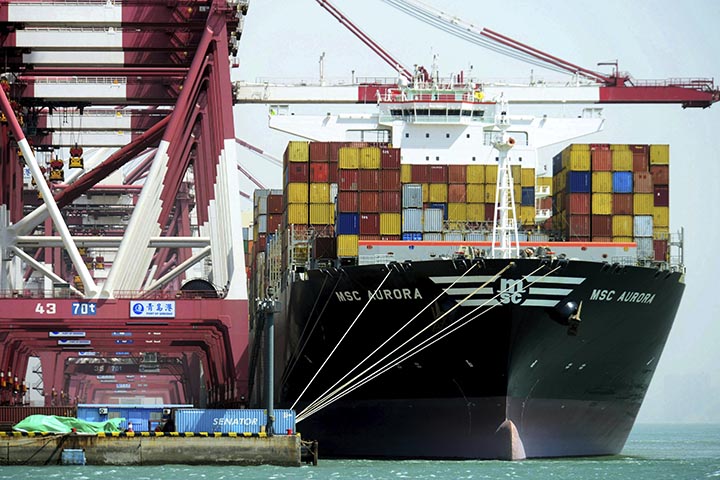
THE Philippines has imposed the most number of non-technical non-tariff measures (NTM) on imported environmental goods in the Asia Pacific region, according to a report released by the United Nations Economic and Social Commission for Asia and the Pacific (Unescap).
Unescap explained that prevalence scores are the average number of NTMs applied to exports or imports of certain products.
“The vast majority of export and import-related NTMs are not targeting environmental goods specifically, but they are caught up in regulations applied to broader lists of products,” Unescap said.
Given this, Unescap recommended that countries adopt the system implemented during the pandemic where consideration was given for essential product lists under trade and multilateral agreements and apply these on environmental goods.
These non-technical NTMs, Unescap said, are generally considered “non-tariff barriers” and can be targeted by countries for removal to facilitate trade of environmental goods.
The report said all Asia-Pacific countries have applied at least one Chapter E NTM or non-automatic licensing, quotas, prohibition and quantity control measure other than for sanitary and phytosanitary (SPS), technical barriers to trade (TBT) on environmental goods.
However, Unescap said except for four economies, all countries in the sample have applied at least one measure from chapter F which pertains to rice-control measures, including additional taxes and charges.
“In the early stages of the Covid-19 pandemic when personal protection equipment was in short supply globally, governments around the world temporarily, and in some cases permanently, removed measures restricting imports of essential equipment,” the report stated.
“Arguably, given the urgency of climate change, a low-hanging fruit could be to remove non-tariff barriers that affect trade in environmental goods,” it added.
Unescap said barriers to trade in environmental goods are more prevalent than barriers to trade in carbon-intensive fossil fuels. Wasteful and regressive fossil fuel subsidies also continue to contribute to GHG emissions in the region.
According to the report, their timely abolishment and replacement with more targeted support policies could provide much-needed finance for social and environmental policies in addition to reducing emissions.
“As key trade partners consider putting border taxes in place on carbon, there are strong concerns on the effects on the developing countries since many economies in the region are at risk of being pushed out of key markets,” said Armida Salsiah Alisjahbana, United Nations Under-Secretary General and Executive Secretary of Escap.

